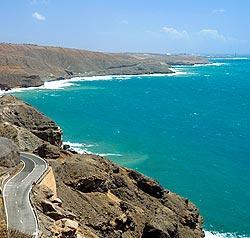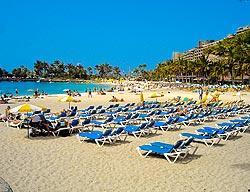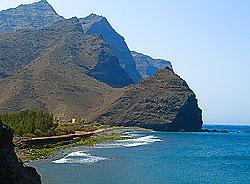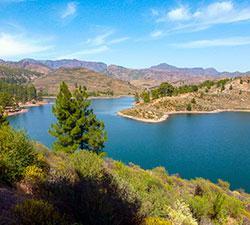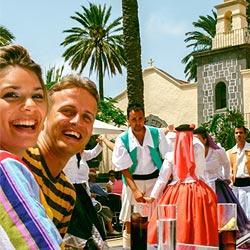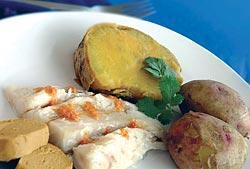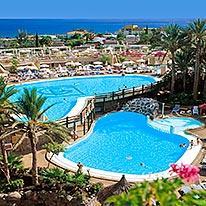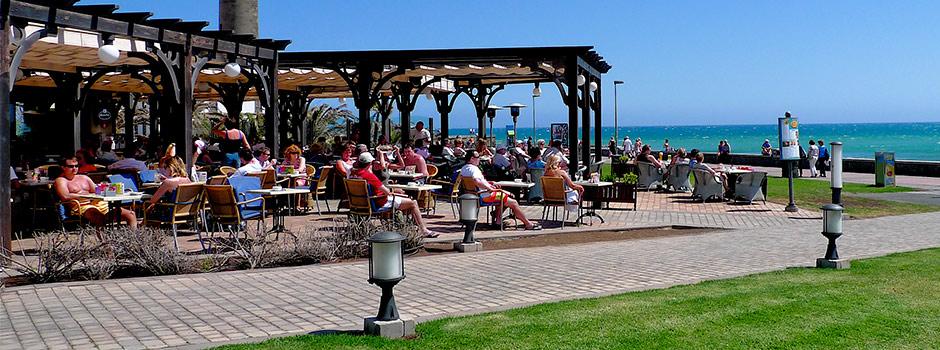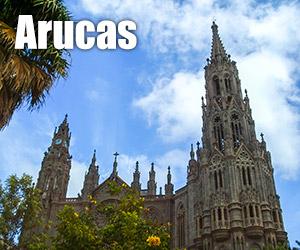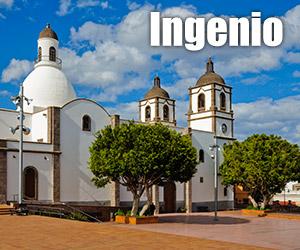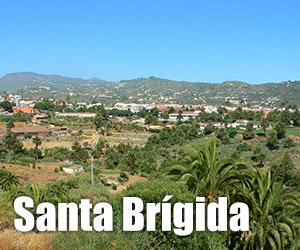¿Hablas Español? Do you speak Spanish? Although the Canary Islanders speak Castellano, the accent you’ll hear has more in common with the Spanish of Latin America – in the South American countries of Cuba, Venezuela and Puerto Rico – as opposed to the peninsular Spanish of mainland Spain. And it’s not just an accent they share with South America but a rich vocabulary too - a living testament of the deep-lying associations formed by the various movements of people between the Canaries and the Latin American countries.
Ordinarily, Canarians will not pronounce the final 's' of a word. Neither will they pronounce the 'z' as 'th', as they do on the Spanish mainland, but rather as an 's'. And they pronounce a 'c' before 'i' or 'e' as a 's'. Canarians also often shorten words and sometimes even run them together in a sentence, which only serves to confuse the visiting listener more.
Although the indigenous Guanche language is now extinct, several words have survived, particularly when it comes to names of places. These often begin with the letters 'gua', pronounced 'wah'. You’re more likely to hear local dialects in the countryside than in the cities or larger towns. Yet, visitors should avoid trying to learn the local dialect and instead stick to mainland Spanish. And if your Spanish is not quite ‘up to it’, the majority of Canarians you’ll encounter will possess a basic knowledge of English, and most western European languages, but especially French, German, Italian and Portuguese.
If you’re travelling away from the major resorts or urban districts, it's well worth taking along a small Spanish-English dictionary or phrase book. Also, the Internet serves as a rich resource for learning the lingo. There are a multitude of sites for you to discover essential Spanish vocabulary, as well as plenty with translation tools.
Below is our handy glossary section where you’ll find some Spanish expressions and words which could come in useful:
Desayuno – Breakfast
Comida (de Mediodía) – Lunch
Cena – Dinner
Camarero/Camarera – Waiter/Waitress
No entiendo – I don’t understand
Cuánto es/Cuánto vale/Cuánto cuesta? – How much is it?
Escríbamelo, por favor – Please write it down
Sí – Yes
No – No
Buenos días – Good morning
Buenas tardes – Good afternoon/early evening
Buenas noches – Good evening/night
Por favor – Please
Perdóneme – Excuse me
Habla usted Inglés? – Do you speak English?
Dónde está…? – Where is…?
A qué distancia? – How far?
De nada – You’re welcome
Gracias – Thank you
Adios – Goodbye
Hasta Luego – So Long
Bienvenido – Welcome
Bueno – Good
Malo – Bad
Cerrado – Closed
Abierto – Open
Aeropuerto – Airport
Oficina de Correos – Post Office
Farmacia – Chemist
Finca – Rural Property
Calle – Street
Ciudad – Town/City
Gasolina – Petrol
Alquiler – to hire
Alto/Pare – stop
Camino cerrado – Road closed
Ceda el paso – Give way
Coche – Car
Encrucijada – crossroads
Cuidado – Warning
Derecha – Right
Izquierdo – Left
Arriba – Up
Bajo – Down
Salida – Exit
Semáforo – Traffic lights



